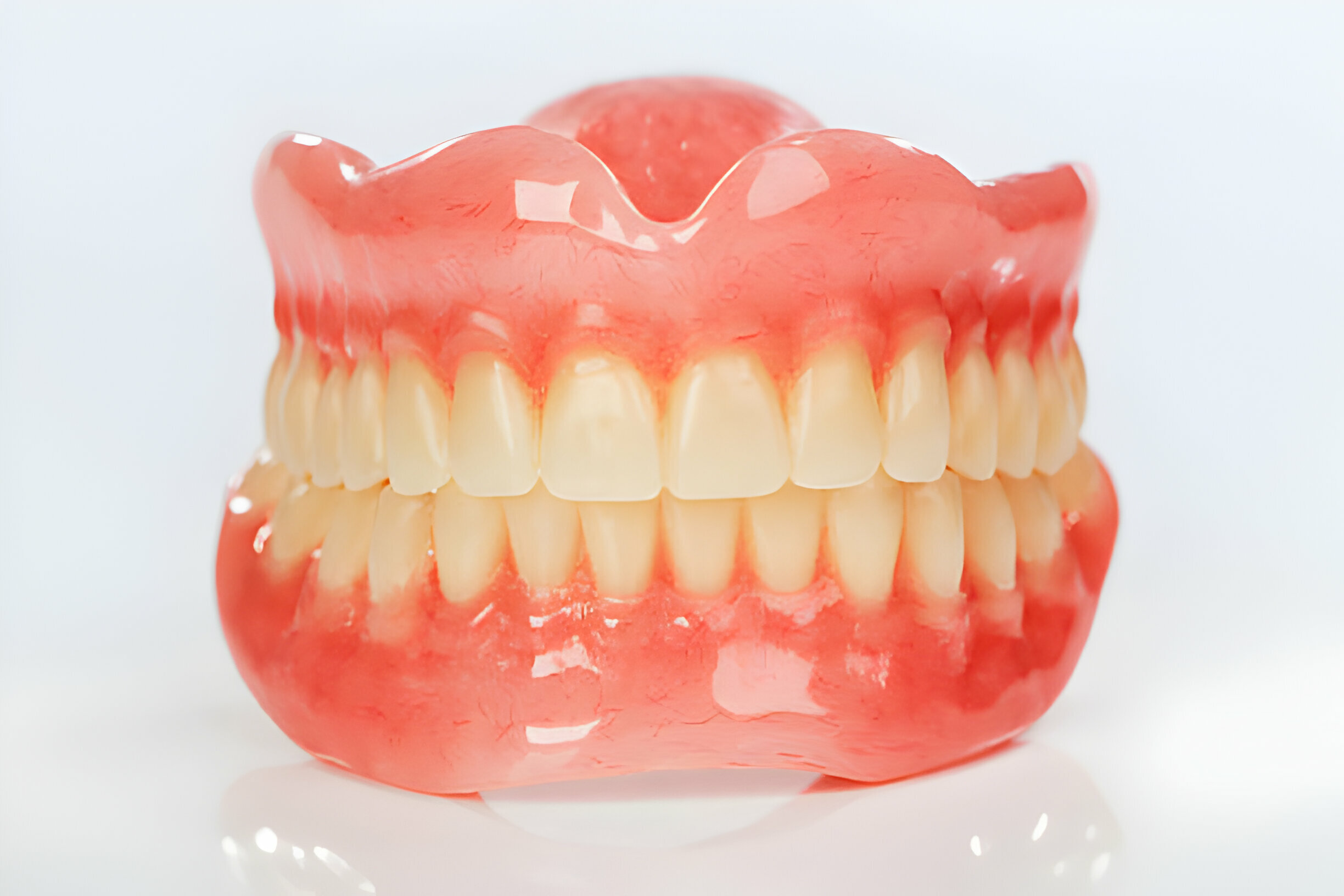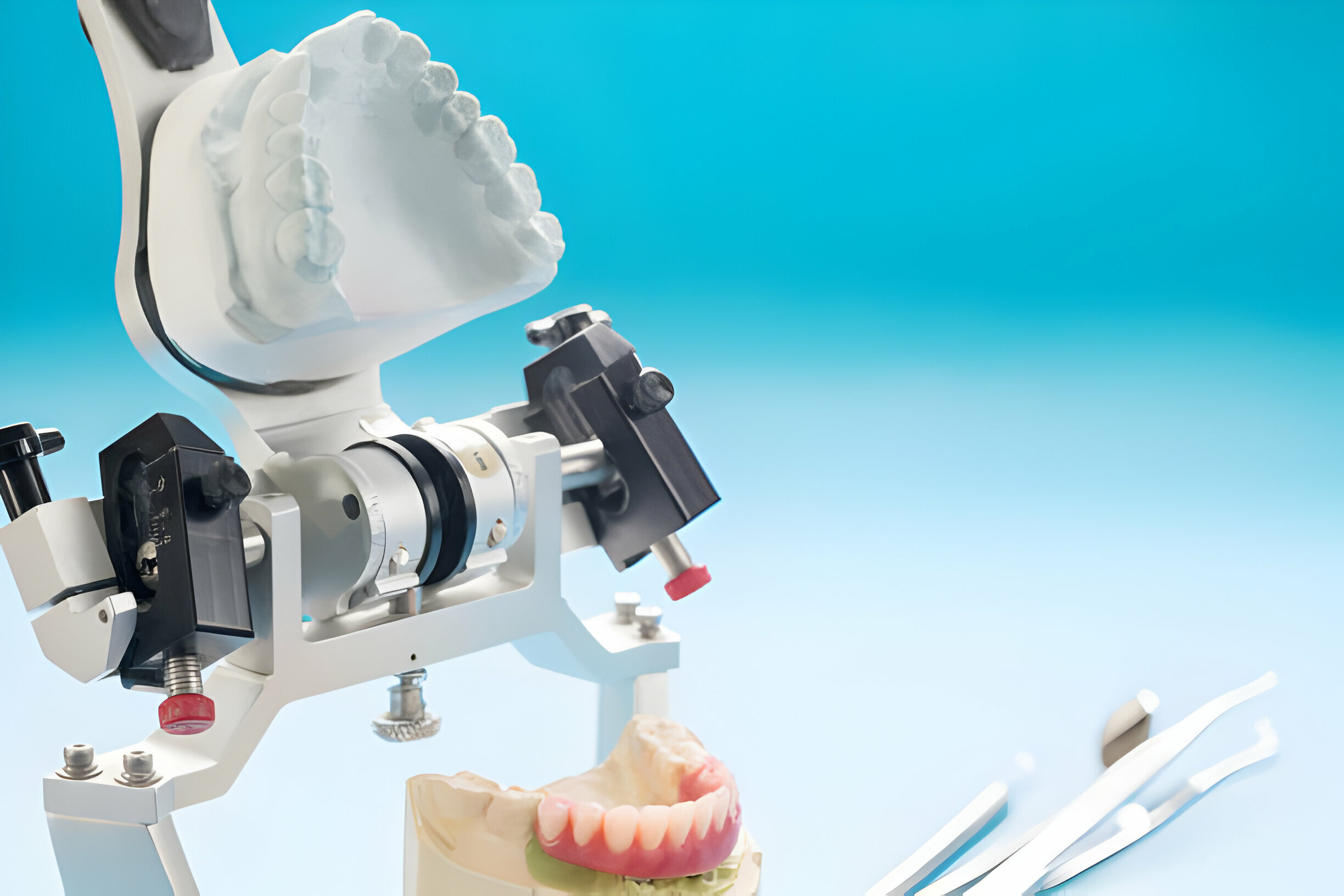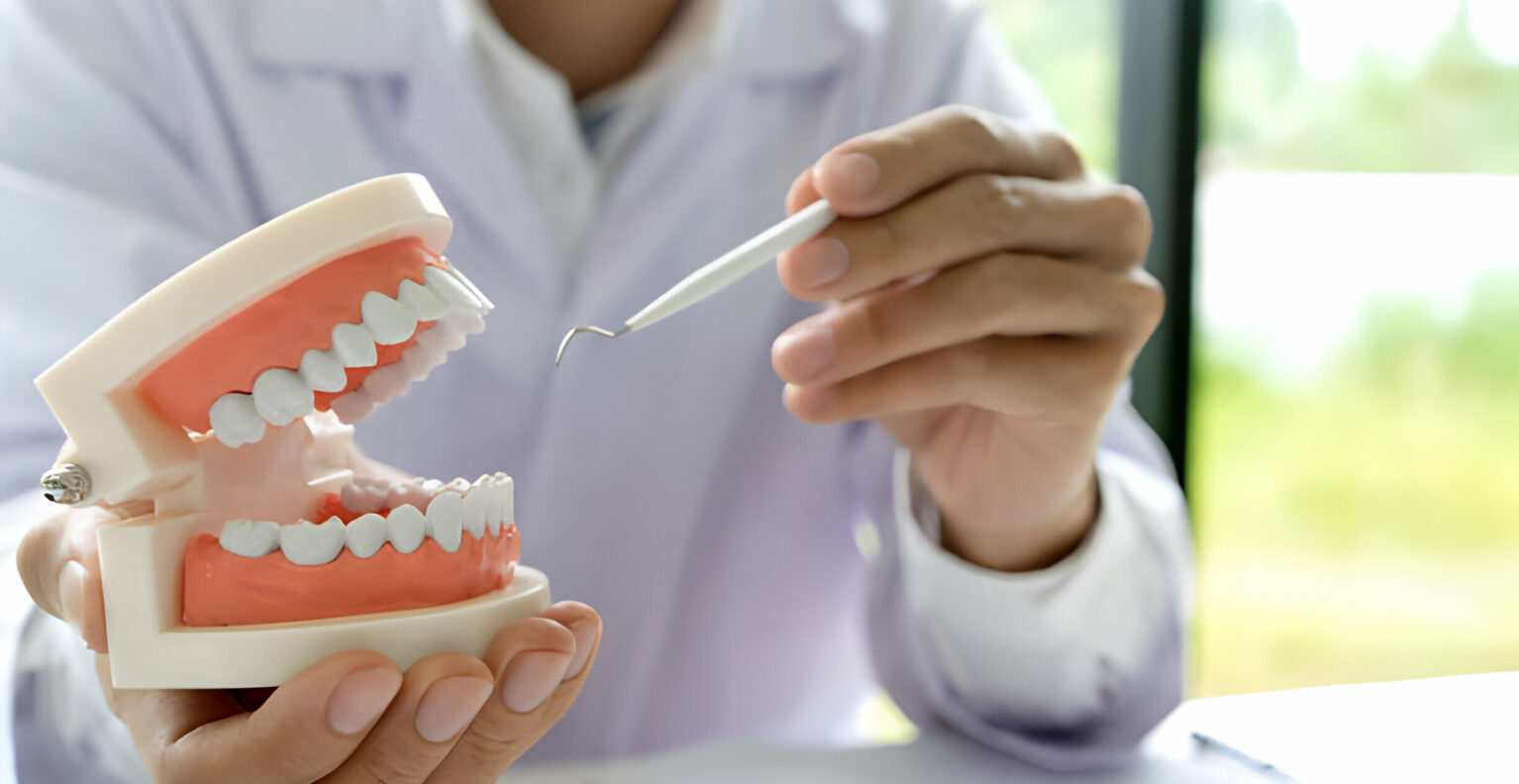Summary:
Did you know that 30% of adults between 65 and 74 have little to no remaining teeth?
Interestingly, however, most individuals switch to dentures to renew their smile and avoid future oral complications.
So whether you are contemplating getting dentures, currently have them, or know someone who has, you will have some questions about them.
The following blog explores different aspects of dentures, how they may enhance your health, and how to care for them via topics like:
- Role of Dentures in Smile Dentistry
- Perks of Wearing Oral Dentures
- Your DIY to Finding the Ideal Oral Dentures
- Tips to Clean & Maintain Dentures
So continue reading as we help you find answers to all of your denture questions and determine whether dentures are a good fit for you.
Role of Dentures in Smile Dentistry
Dentures are prosthetic false teeth designed by your dentist in Taylor, Texas to replace lost or extracted natural teeth.
Regardless of the type you require, they will be custom-designed to suit your mouth and look like your existing enamel.
 What are Dentures Made of?
What are Dentures Made of?
Historically, the fake teeth for dentures were made of plastic or porcelain, while more recent dentures are composed of durable resin. Denture teeth are composed of more sensitive materials than actual teeth, and they can easily break or crack if dropped or ignored.
This material degrades your cavity far quicker than normal, necessitating denture replacement every five years. The supporting component of various types of dentures, which keeps the artificial teeth in place and mimics the natural gum line, is frequently constructed of the same resin as the enamel or a more flexible polymer substance that adheres tightly to the natural gum line.
Why Should You Wear Dentures?
Dentures improve the look of a smile with several missing enamels and assist in preserving the mouth’s structure by supporting the tissues around the cheeks and lips. They also allow you to enjoy chewable meals and stick to a constant diet while well nourished.
These appliances are a realistic option for replacing teeth that cause significant discomfort and oral health problems. Some common examples include rotting roots or extensive damage. Dentures remove bothersome teeth and replace them with a sturdy and elegant substitute.
Different Types of Dentures You Should Know Of!
Depending on your oral condition, here are a few types of appliances your Texas denture professionals may offer:
Partial Dentures
Partial dentures are your best option when your natural teeth are too weak to support dental appliances. If you have more than one or two missing teeth, your dentist will recommend partial dentures.
Partial dentures are positioned on the gum line to sit and attach to nearby natural teeth. They are intended to keep neighboring teeth from falling out of place.
On the contrary, complete teeth dentures are designed to replace all your natural teeth. They can be placed at the top or bottom of the gum line and held in place by suction or oral glue. These items are as easy to remove as partial dentures.
 Immediate Dentures
Immediate Dentures
Immediate dentures are intended to replace teeth that will be removed. These appliances are used immediately after tooth extraction and can last up to six months as the tooth recovers.
These dentures can be more easily adjusted than permanent dentures to accommodate changes in the mouth, including gum swelling and jaw movement. They are typically removed after the mouth has healed and are ready for permanent dentures.
Overdentures
You may consider overdentures if you still have some natural teeth or find wearing normal dentures uncomfortable. If no natural teeth fit over the overdentures, they rest either on dental implants or over the roots of natural enamel. Certain people prefer this type of denture because removing it is more convenient and comfortable.
Implant-supported Dentures
As the name implies, they are dentures linked to dental implants. A fixture, often an oral implant, is a permanent device connecting to the jawbone. These appliances can be customized to replace any number of missing teeth.
They comprise the implant itself, a metal post (usually titanium), and a custom crown that mimics a real tooth. Implant-supported dentures in Texas can be attached in various ways, but they must be cared for and treated similarly to traditional dentures.
Your DIY to Finding the Ideal Oral Dentures
Dentures are unique and designed to fix your smile. However, just like individual needs, your oral dentures are also different. Therefore, follow these quick tips to get the ideal teeth denture.
- Cutting-Edge Technology: Opt for clinics offering the latest tech. The practice should use cutting-edge technology, including digital imaging and CAD/CAM technology, to give accurate, customized solutions based on each patient’s unique anatomy and preferences.
- Patient-centered Care: Your chosen clinic should listen to individual concerns and provide tailored treatment programs that address their specific requirements for denture false teeth.
- Customized Solutions: The clinic should offer personalized solutions that look, feel, and perform like natural enamel. Their professionals should work with patients to build prosthetic solutions that fit their aesthetic and functional needs.
- Commitment to Excellence: Look for clinics that maintain the highest quality, professionalism, and honesty. Your clinic should focus on winning patients’ confidence and loyalty through its unrelenting dedication to excellence.
 Tips to Clean & Maintain Dentures
Tips to Clean & Maintain Dentures
Regardless of the type of dentures you wear, they must be cleaned daily, just like ordinary teeth. Even though dentures have artificial teeth, bacteria, plaque, and tartar can collect on them, harming natural enamel and gums.
Step I – Rinse & Clean
To clean your dentures, remove them from your mouth and rinse them with clean water to remove any food particles that may be lodged between teeth, along the gum line, or below the structure. The dentures should be thoroughly cleaned with a soft-bristled toothbrush and a light soap or denture cleanser.
Step II – Avoid Cleansers
Avoid using other cleansers, ordinary toothpaste, or electric toothbrushes since they are too abrasive and can harm and wear away the denture materials. After cleaning, rinse them well.
Step III – Clean Thoroughly
While your dentures are removed, scrub your gums and natural teeth with a soft, moist toothbrush and fluoride toothpaste. If your toothbrush is too tough, wrap your finger in a wet, soft washcloth and gently massage your gums in all areas.
Preserving Your Dentures Over Time
Remove your dentures before sleeping to avoid damaging or dislodging them, and let your gums relax. Submerge your appliance entirely in warm, but not hot, water to prevent it from drying out and becoming deformed.
You can also use a soaking solution if your dentures do not include metal components, as the solution might tarnish them.
Takeaway
- Denture teeth are composed of more sensitive materials than actual teeth, and they can easily break or crack if dropped or ignored.
- Based on your unique requirements, there are different false teeth to help revamp your smile.
- Your dentures must be cleaned daily like ordinary enamel, regardless of type.
- Let’s find the perfectly fitting dentures to enhance your smile at Taylor Dental and Braces today!


